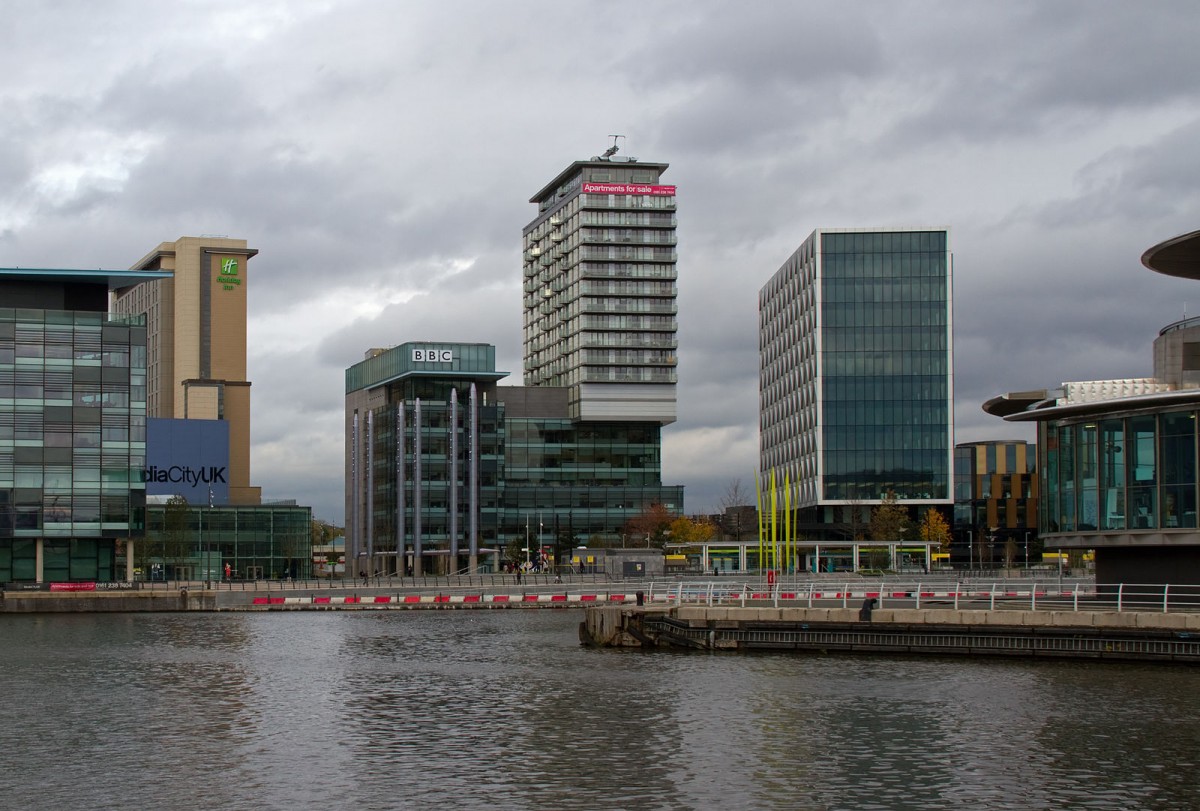 The House of Commons Public Accounts Committee (PAC) has warned the BBC is “stuck in a TV and radio era” without the resources to compete in the global market.
The House of Commons Public Accounts Committee (PAC) has warned the BBC is “stuck in a TV and radio era” without the resources to compete in the global market.
In a report published on Friday, the Committee said it wasn’t convinced that the BBC currently knows the detail of the resources needed to achieve its digital plans or whether the £500 million it intends to invest annually by 2025 will be sufficient to also allow it to plan for an internet only future.
It said the BBC “lacks a plan for delivering its services in the digital future it envisages” and that it must work with government and other stakeholders, including on the rollout of broadband across the United Kingdom.
Dame Meg Hillier MP Chair of the Committee said: “The BBC is being held back in a yesteryear of TV and radio by uncertainty over funding and regulation, and by the DCMS Department’s constant delays and down-scaling of national fast broadband rollout plans. The BBC fulfils an essential public service function – it must have the planning, resources and wider infrastructure support to do so.”
In response, a BBC spokesperson told Broadband TV News: “We welcome the Committee’s report, particularly the recognition that our key digital products like iPlayer and Sounds are performing well when compared to our rivals.
“We have made significant progress and continue to build plans for a digital-first BBC, which includes working with the industry and government to ensure no audiences are left behind as changes are made. We have detailed plans covering many of the topics raised and look forward to engaging further with the Committee.
”The report says the BBC is being held back by regulatory and funding uncertainties, making it less competitive in a rapidly changing global marketplace.
In a speech to the RTS in December, BBC director-general Tim Davie described an internet-only BBC at the heart of an internet-driven UK Media Market that would focus around a simple, single brand in the UK and abroad.
Appearing before the Committee a month later, Davie talked about timeframes: “We’re not putting a date on it (digital only) or anything like that”, but making it clear the RTS speech intended to start a “broader conversation”.
The Committee admitted there were challenges with the Department for Digital, Culture, Media and Sport’s plans to move Britain to a country of superfast broadband as well as the varying speeds nationwide and therefore the possibility of leaving audiences behind in an internet-only future.
It said it was unclear whether the £500 million of annual savings and reinvestment into digital announced by the BBC would be sufficient to cover the transition to an “internet only future” and asked for it to write to the Committee within two months to set out its plans.
As previously reported in Broadband TV News, the BBC has introduced extensive personalisation on the iPlayer, which asks for user sign-in, as well as removing its audio content from platforms to enable it to collect data directly.
Changes made by the BBC over the past year have resulted in record viewing and listening on iPlayer and Sounds with over 7 billion programmes streamed on BBC iPlayer. It is difficult to watch any of the BBC’s output without being reminded of either iPlayer or Sounds.